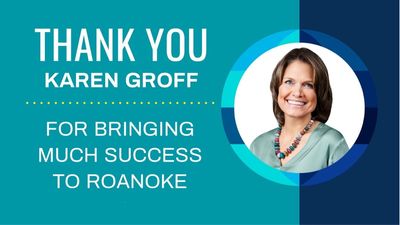June 13, 2016 | Industry Insights
A Look at Sump/Sewer Backup Coverage and Flood Insurance

When looking to insure your transportation-related business from all types of property exposures including flood damage, it’s helpful to understand that a policy designed to respond will depend on where the water comes from. There are two types of coverages available: Sump/Sewer Backup coverage and Flood insurance. Do you need one or another or both to properly protect your business property?
Let’s first look at how sewer backup and flood are defined.
- Sewer backup is defined as “water or water-borne material which backs up through sewers or drains or which overflows or is discharged from a sump, sump pump or related equipment.” A collapsed drainpipe can cause a backup; this occurs when water can no longer proceed down its normal course and is forced to change direction. A blockage can cause a backup; the blockage prevents the water from going forward, and the water has to reverse itself.
- A flood is defined as:
- A general and temporary condition of partial or complete inundation of two or more acres of normally dry land area or of two or more properties (at least one of which is the policyholder’s property) from:
- Overflow of inland or tidal waters;
- Unusual and rapid accumulation or runoff of surface waters from any source;
- Mudflow; or
- Collapse or subsidence of land along the shore of a lake or similar body of water as a result of erosion or undermining caused by waves or currents of water exceeding anticipated cyclical levels that result in flood as defined above.
Most insurance policies automatically exclude losses from flood, while many business property policies will include – or for a small premium will provide – backup or overflow of water or sewage from drains within a building if the backup or overflow is not otherwise directly or indirectly caused by flood, surface water, waves, tidal water, overflow of any body of water, mudslide or hydrostatic pressure. There is typically a limit on coverage and a separate deductible.
One of the biggest misunderstandings is when sewer backup occurs after a heavy rain. Is this considered a backup or flood? When we look at the definition of “flood”, we see that rapid accumulation or runoff of surface waters from any source is included within the “flood” definition. However, by definition, water that backs up in sewers or drains that is caused by the rapid accumulation or runoff of surface waters would be excluded under the sewer backup coverage.
Another area of concern involving flood risks is that many of us assume that because we do not own or occupy property located near a lake, river or ocean that we are not exposed to having a claim. This simply is not the case given our unpredictable weather. Flash flooding seems to be on the increase.
Flash flooding is caused by heavy or excessive rainfall in a short period of time, generally less than six hours. Flash floods are usually characterized by raging torrents after heavy rains that rip through riverbeds, urban streets, or mountain canyons sweeping everything before them. They can occur within minutes or a few hours of excessive rainfall. They can also occur even if no rain has fallen, for instance after a levee or dam has failed, or after a sudden release of water by a debris or ice jam.
Understanding the differences between sewer backup and flood is crucial in determining whether or not you elect to purchase Sewer Backup coverage, Flood insurance or both. We can assist your business with securing the insurance policies required to address the various exposures your transportation firm faces. Roanoke Trade specializes in serving the insurance needs of transportation and logistics providers. Just contact one of our professionals at 1-800-ROANOKE (800-762-6653).













